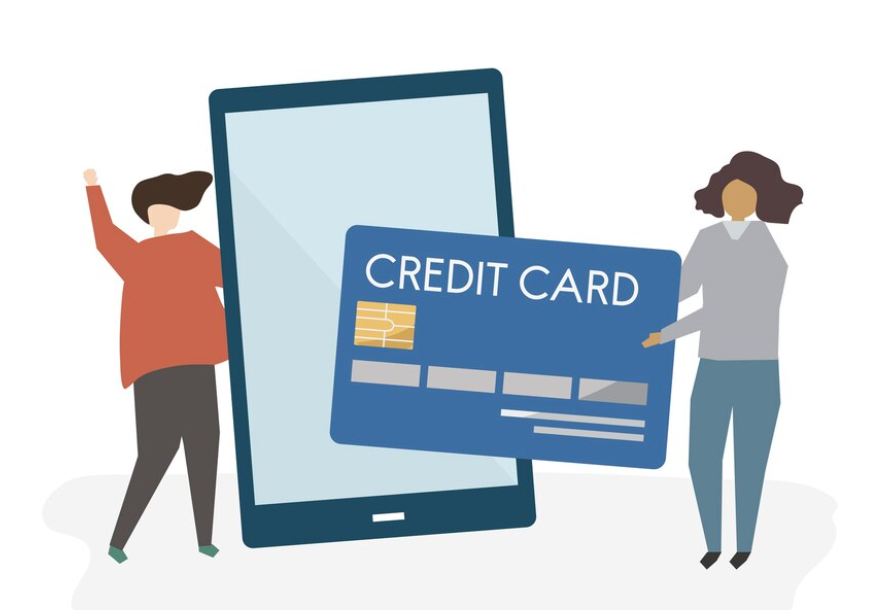Be prepared for an extra fee if you use your Yes Bank or IDFC First Bank credit card to pay your utility bills. Both banks have announced plans to introduce a surcharge on such transactions.
What’s Changing?
- Surcharge on Utility Bills: Yes Bank and IDFC First Bank will now charge a fee on top of the regular amount when you use their credit cards to pay utility bills like electricity, water, gas, and internet.
- Yes Bank: They will levy a 1% surcharge plus Goods and Services Tax (GST) on the total amount of your utility bill payments made with a credit card in a single statement cycle. However, this surcharge won’t apply to their premium credit card variant, “Yes Bank Private.”
- IDFC First Bank: Specific details about IDFC First Bank’s surcharge are yet to be announced. We’ll update this article once more information becomes available.
Why the Change?
Banks typically earn a fee from merchants whenever a credit card is used for a transaction. However, for certain categories like utility bill payments, the fees received from merchants might be lower compared to other purchases. By adding a surcharge, banks aim to recover some of the costs associated with processing these transactions.
Impact on Consumers:
This new charge will add to the overall cost of paying your utility bills if you use a Yes Bank or IDFC First Bank credit card. It’s important to consider this additional expense before swiping your card for these payments.
Alternatives to Consider:
Here are some alternative ways to pay your utility bills without incurring a surcharge:
- Net Banking: Most banks and utility companies offer online bill payment facilities through net banking. This is usually a free and convenient option.
- Mobile Wallets: Many mobile wallets allow you to pay utility bills directly. Check if your preferred mobile wallet offers this service and if there are any associated charges.
- Bill Payment Services: Bill payment portals and apps aggregate various billers and allow you to pay your bills in one place. These services might charge a small convenience fee, but it could be less than the credit card surcharge.
- Direct Debit: Setting up a direct debit with your bank allows the utility company to automatically deduct the bill amount from your bank account on the due date.
Before You Pay:
- Check Your Credit Card Statement: Review your credit card statement to see if your bank has already implemented the surcharge.
- Compare Fees: If you frequently use your credit card for utility bills, compare the surcharge with the convenience it offers. Consider alternative payment methods if the surcharge outweighs the benefits.
Looking Ahead:
It’s important to stay informed about any changes in fees associated with your credit card. This news highlights the importance of carefully reviewing your credit card statements and understanding the terms and conditions before making transactions.
